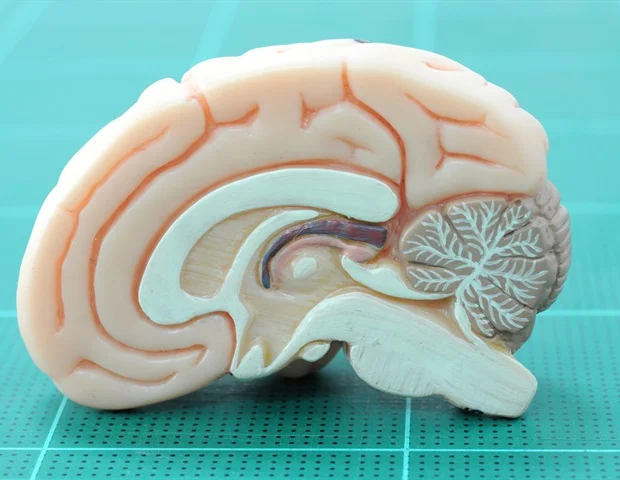India is deemed as the diabetes capital of the world. We are on track to hit the 70 million mark of diabetics by 2025. An astonishing twenty-eight percent of the urban population is diabetic whereas this figure is only about five percent in rural areas. Diabetes mellitus results in elevated blood sugar levels and this in turn can lead to many issues in different parts of the body. Diabetes may affect the eyes, nerves, kidneys, heart, skin, blood vessels and mental health in patients.
While conventional medicine plays an important role in controlling blood sugar levels, it is not always able to address all the long-term complications that may arise in diabetics. Given the huge burden of disease in India and the strained healthcare system, it is vital that alternative systems of medicines like homeopathy be considered as an important option to add on or replace conventional medicine wherever possible.
TREATMENT SOON AFTER DIAGNOSIS
Homeopathy is particularly suited to manage diabetes in its early stages. Evidence based analysis has demonstrated that changes in diet and weight loss in the first few years of diagnosis can, effectively, reverse diabetes in patients. This process is aided by the addition of homeopathic medicines and holistic lifestyle and dietary advice which is the norm during a homeopathic consultation. This is an important window in type 2 diabetes where appropriate management can result in normal blood sugar readings even after withdrawal of medicines.
HOMEOPATHIC AS AN ADD-ON
Abrupt withdrawal of conventional medicines in patients who have been taking them should not be done. Homeopathy may be started as an add on treatment and conventional medicines should be gradually tapered depending on the patients blood sugar readings. Thus, patients are able to reduce or completely remove the chances of developing side effects from conventional medicines while continuing to maintain their blood sugar readings. This is particularly important in patients who have already developed side effects of conventional medicines but still require medication to help control diabetes.
MANAGEMENT OF COMPLICATIONS
Patients who have had diabetes for a long time run the risk of damaging their kidneys. Conventional medicine does not have any specific medicines for improving renal (kidney) function. Substantial anecdotal evidence by way of case-reports of thousands of patients and published literature indicate that homeopathic medicines are able to help improve renal function. In early stages, patients may return to normally functioning kidneys while those in advanced stages of kidney dysfunction may see an improvement in their readings.
Diabetic foot is another serious complication arising in diabetics. In this, the vessels of the toes and feet may become occluded reducing blood supply resulting in death of tissue. Gangrene may set in, and patients may need to undergo amputation of the affected parts. With the introduction of homeopathic medicines many patients have managed to completely cure themselves or avoid amputation.
Other complications like diabetic neuropathy (nerve damage), diabetic retinopathy (eye damage), hearing impairment and depression are also effectively managed with homeopathic treatment.
While it is incorrect to say that diabetes or its complications are always completely cured in all patients, homeopathy is very often able to help patients who have either not responded to conventional medicines or have developed side effects from them. In many cases, homeopathy and conventional medicines work in harmony to provide clear add-on benefits which were absent without homeopathy. More research should be undertaken to contribute towards a bigger evidence base for the homeopathic management of diabetes. This will help increase the confidence of laymen and medical practitioners in considering homeopathy as an option in the management of diabetes.
Dr Kushal Banerjee is an eminent homeopath.













